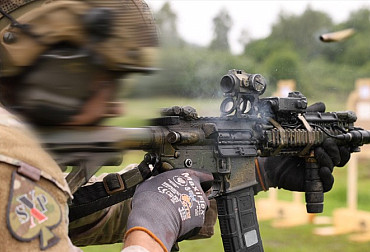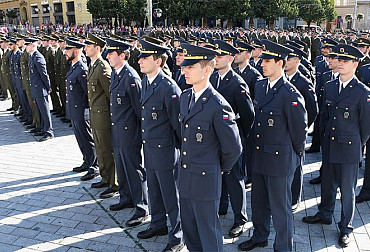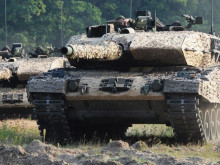Allied Spirit 2025 from the perspective of the 74th Mechanized Battalion: Challenges, experiences and international cooperation
Allied Spirit is a recurrent military exercise conducted by the US Army to ensure interoperability and readiness of NATO forces and their partners. This year, it is being held from 22 February to 24 March 2025 at the German training facilities Grafenwöhr and Hohenfels, which are managed by the 7th Army Training Command.
For this rotation, the Griffin Mechanised Infantry Brigade from Lithuania took over the role of primary training unit for the first time. Unlike other exercises, which are dominated by U.S. brigade combat teams, Allied Spirit emphasizes the conduct of exercises by allied units. It also tests the ability to deploy NATO forces in an Article 5 activation and demonstrates the ability for unified command, control and coordination in an international environment. Nearly 3,000 troops from various countries are participating in the exercise, including the Czech Republic, Austria, France, Hungary, Italy, Spain, Latvia, Lithuania, Northern Macedonia, Slovakia and Slovenia. The exercise will be attended by all pre-designated members of the 7th Brigade Task Force and the University of Defence, up to 402 soldiers and 50 pieces of ground equipment from the Czech Republic.
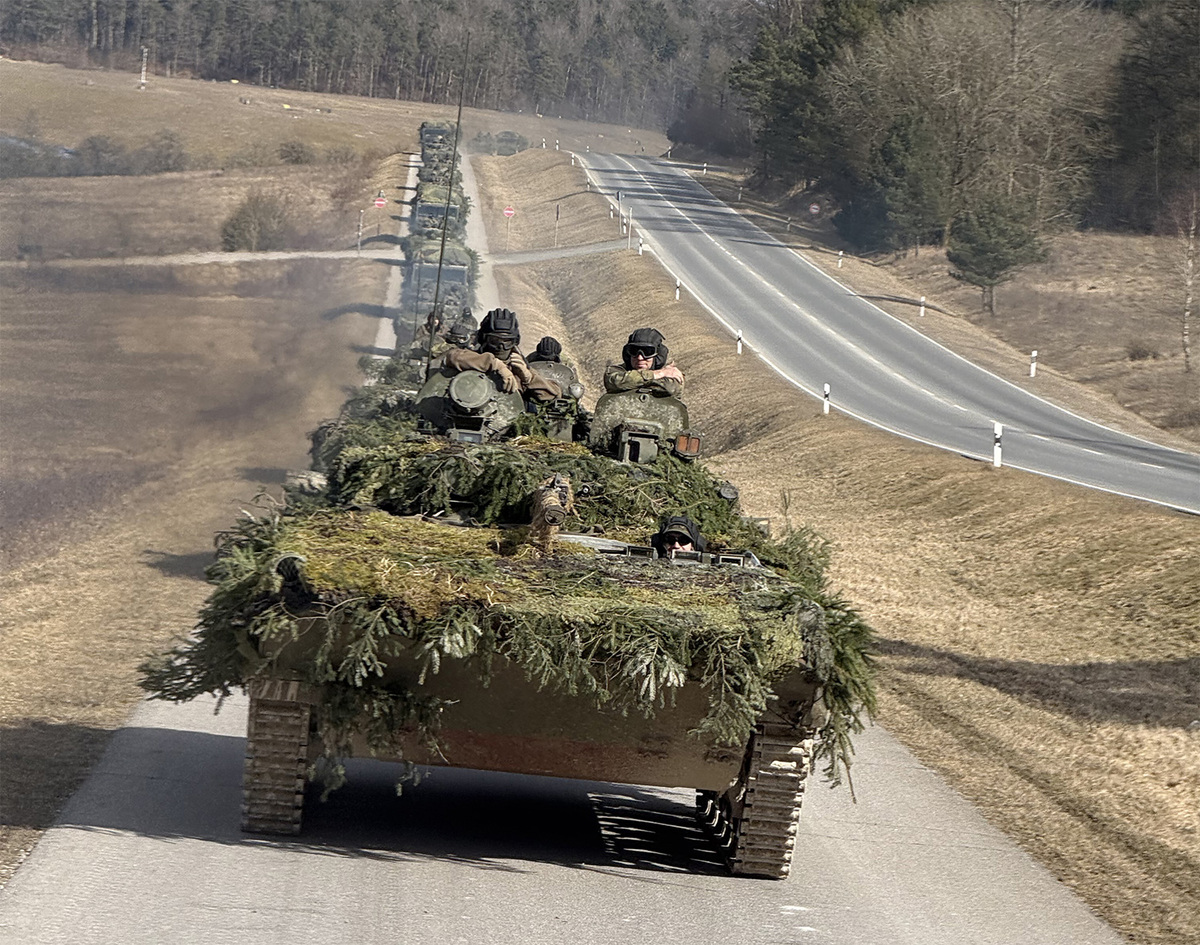
The 74th Mechanised Battalion Bučovice took part in various levels and areas of training as part of the international exercise Allied Spirit 2025. The largest group was a company task force unit based on a mechanised company, supplemented by specialists from other units of the Czech Armed Forces, including battalion logistics. This unit operated under the international command of the U.S. and Lithuanian militaries and went through the process of planning operations, preparing and practicing tactical activities. It was subsequently deployed to Boxes, which are enclosed training areas designed exclusively for training units and observer-controller (OC) duty.
Another group of soldiers from the 74th Mechanized Battalion was part of the adjudication service to ensure that activities were evaluated and feedback was provided to commanders and individual Soldiers. At JMRC Hohenfels, this process (After Action Review (AAR) is very sophisticated and highly emphasized.
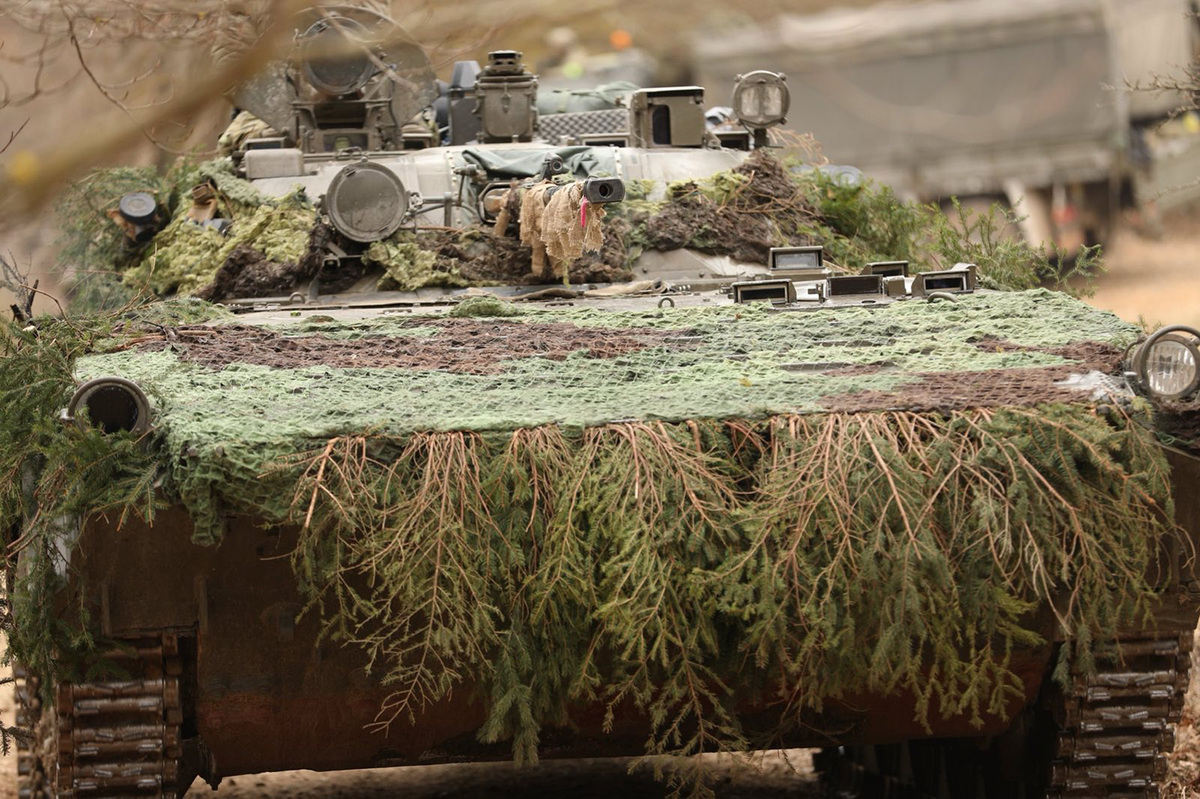
The third group involved were staff members who simulated the activities of the mechanized battalion staff in planning and controlling combat. This staff was subordinated to the Czech staff of the 7th Mechanized Brigade. The last group consisted of logistic support, which provided essential services to support the exercise objectives.
New challenges and experiences
For many of the soldiers, this was their first experience of the JMRC Hohenfels facility and its facilities, including American food and different logistical conditions. The unfamiliar terrain placed demands on orientation and adaptation in the area. A big surprise was the US combat ration-based Meal, Ready to Eat (MRE) diet that the soldiers consumed in the field.
Another novelty was the presence of referees who continuously monitored tactical activities and enforced safety precautions. Daily contact with the U.S. Air Force, which supported our troops' efforts, provided valuable experience. The most important experience was conducting a 10-day operation that best simulated real battlefield conditions.
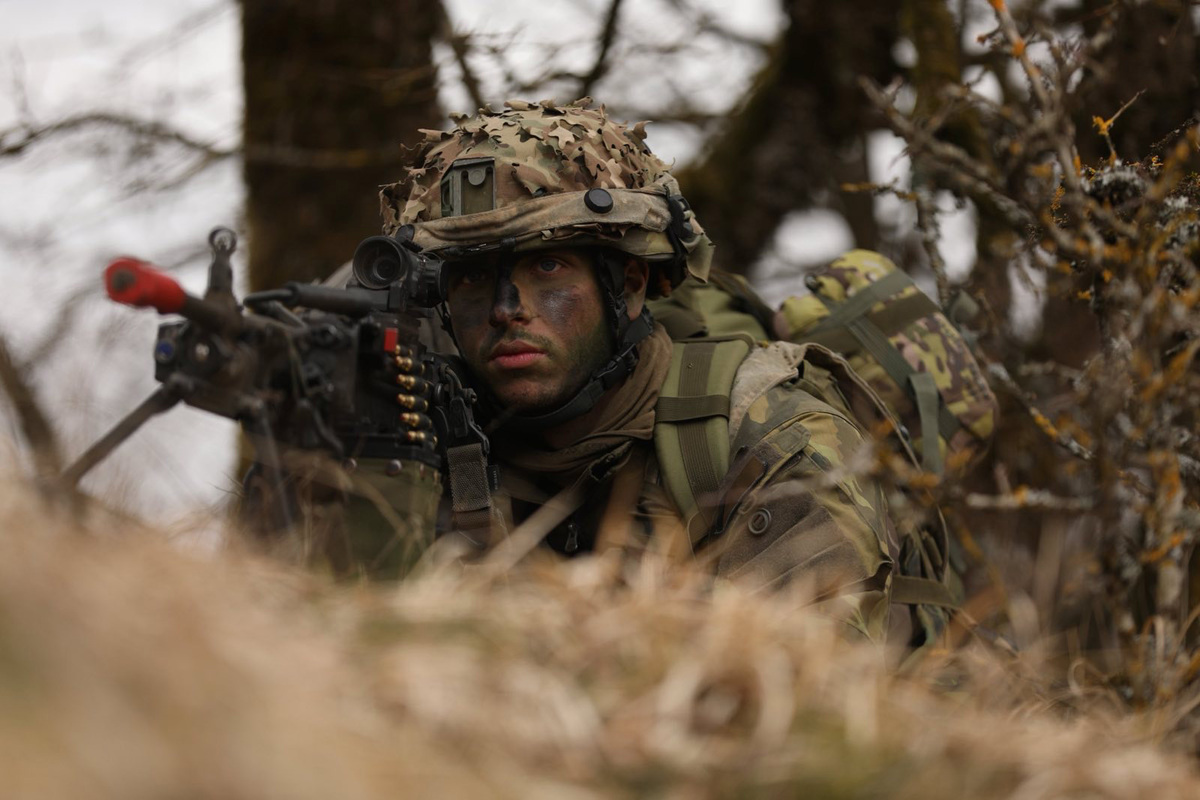
Training area and experience for the future
The training area was diverse and allowed for both conventional and unconventional warfare. Soldiers take away valuable experience of conducting operations in a different environment, communicating and cooperating in a foreign language with other armies, operating for long periods without the possibility of resupply, and testing mental toughness and collective cohesion. Exchanging experiences with other armies was also a key component. The exercise served to test morale and mental health, resilience levels and strengthen team cohesion.
The differences of this year's edition and the challenges of international cooperation
Unlike previous years, when the exercise focused on preparing troops for deployments to Afghanistan or Iraq, this year emphasized broader international cooperation. This was mainly conducted in English and was at a professional level. The biggest challenge was to harmonise the tactical procedures of the individual armies and to link technical facilities for effective information transfer.
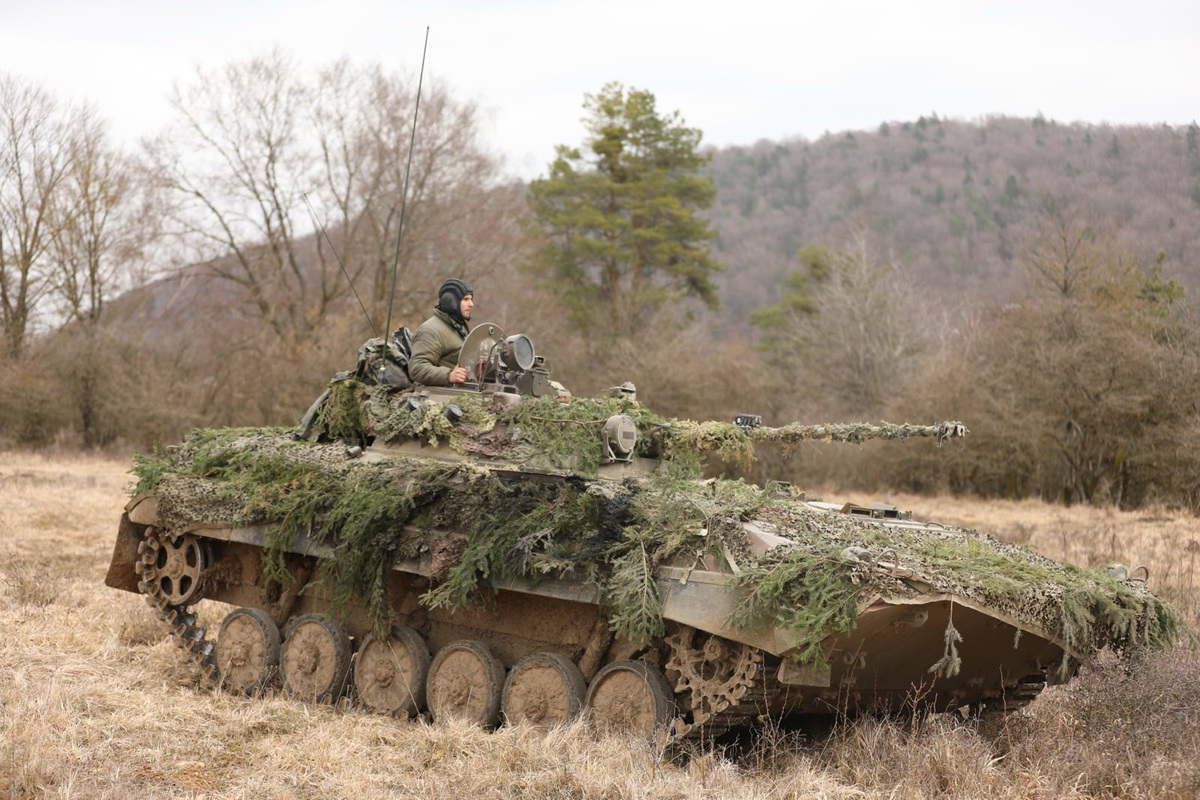
Czech strengths in the international field
The deputy commander of the 74th Mechanised Battalion, Major Radek Pavlica, came to see the exercise in person and thanked our soldiers for their good work and for representing the Czech Armed Forces in the international environment. "Czech soldiers excel in their ability to react flexibly and operatively to any situation. Their other strengths include the ability to operate, maintain, repair, and conduct combat operations with equipment that is already morally obsolete, such as BVP-2. The 74th Mechanised Battalion will be the first unit to be re-equipped with modern CV90 tracked combat vehicles," said Pavlica.















